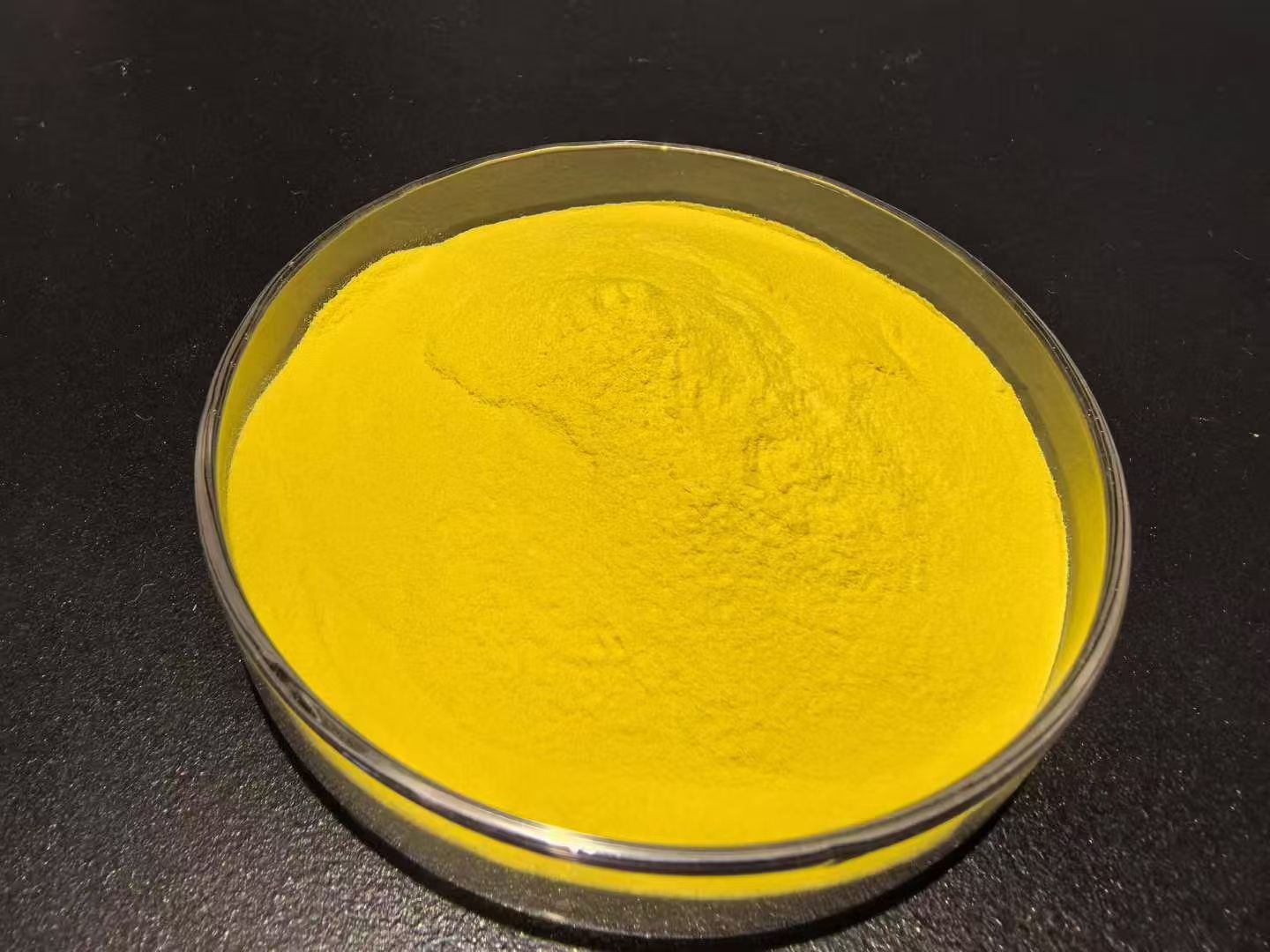

Polyaluminum chloride
Advantages
Excellent flocculation effect: The formed alum flocs are large, dense, and settle quickly.
Adaptable: Adapts to a wide range of raw water pH and temperature fluctuations (optimal pH 5-9).
Low dosage: Under the same water quality, the dosage can be reduced by over 30% compared to traditional coagulants.
Low corrosiveness: Less corrosive to equipment and pipelines than aluminum sulfate and other agents.
Low residue: The residual aluminum content in the treated water is low.
Description
Polyaluminum chloride (PAC) is an inorganic substance, a new water purification material and inorganic polymer coagulant, which is referred to as polyaluminum for short. It is a water-soluble inorganic polymer between AlCI3 and Al(OH)3, and its general chemical formula is [Al2(OH)nCl6-n]m, where M represents the degree of polymerization and N represents the neutral degree of PAC products. N=1~5 is a highly charged polymeric ring chain with Keggin structure, which has a high degree of electric neutralization and bridging effect on colloids and particles in water, and can strongly remove trace poisons and heavy metal ions, with stable properties. Due to the bridging effect of hydroxide ions and the polymerization of polyvalent anions, the produced polyaluminium chloride is an inorganic polymer water treatment agent with higher molecular weight and higher charge
Applications
1. Municipal and industrial water purification
2. Municipal and industrial wastewater treatment
3. Sludge dewatering
4. Other special applications
Papermaking industry
Foundry industry
Pharmaceutical and cosmetic industries
Catalyst carriers
Precision casting
Coverage
25kg/bag


